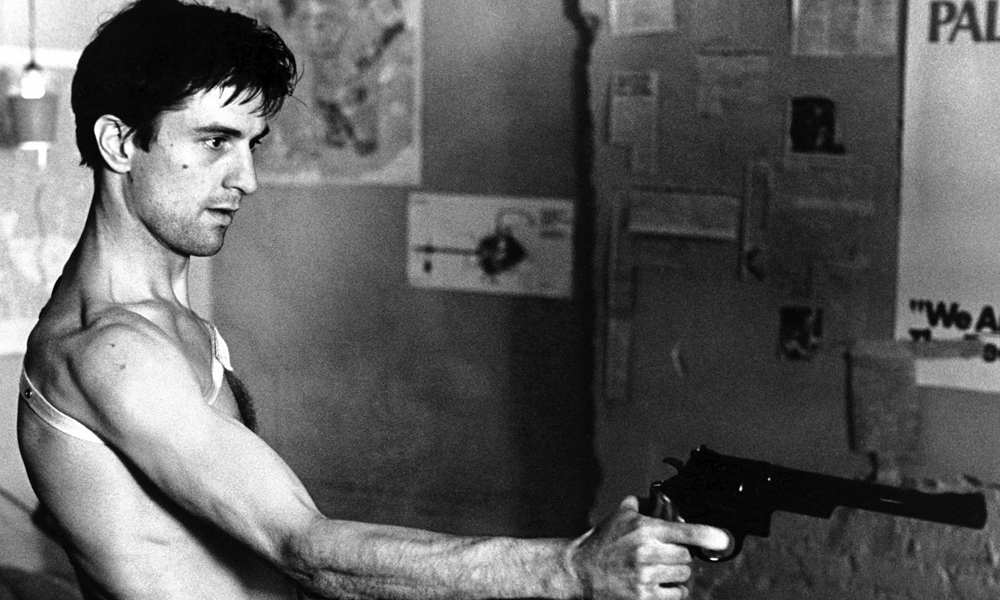There are a few comments we could make about every one of these directors, so we’ll reserve this space for those. Each director on this list is distinctly their own. If someone walked into any of these movies halfway through, they could tell you who made it and might even be able to narrow it down to the phase of their career. In fact, that was our main criterion for this list. We wanted directors who never fail to entertain and teach us but don’t get lost in the crowd of generic blockbusters. From there, we ran them through Rotten Tomatoes to see what movie critics and audiences thought were the best examples of the director’s style. If you haven’t seen these movies, or you don’t recognize a name, we highly recommend you familiarize yourself. Here’s our list of the greatest directors and their highest rated films.
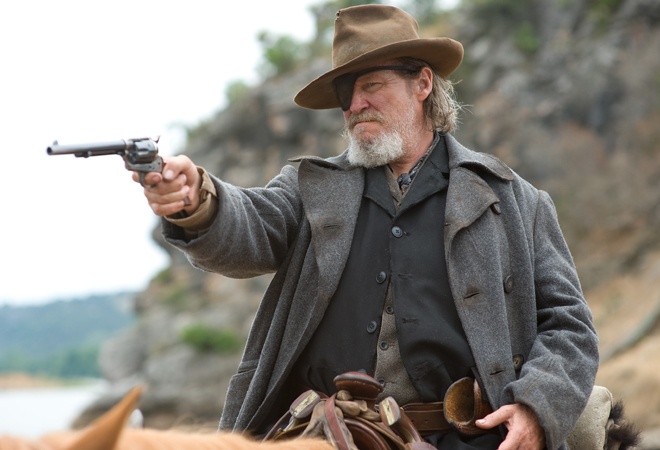
Joel and Ethan Coen | True Grit
(96%)
The Coen Brothers rarely direct things they didn’t write and it’s because of that that each of their movies have roughly the same feel. Burn After Reading, O Brother Where Art Thou, and Inside Llewyn Davis all might as well exist in the same comedy-leaning world. They’re always messing with color palettes too, giving their movies distinct looks, even from each other. True Grit is a bit of a departure from the humor for them, going for a more straightforward Western this time around. It might not have the fast-paced wit of their normal movies, but True Grit still has the quality we’ve come to expect from the brothers.
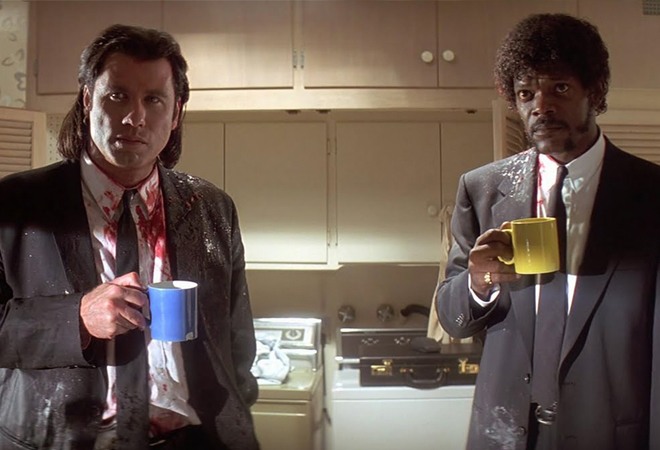
Quentin Tarantino | Pulp Fiction
(94%)
We’ve posted so much about Quentin Tarantino that there shouldn’t be any doubt in your mind that he’s one of our favorite directors. His hyper-violent style, snappy dialogue, cocky characters, and tight camera direction all come together to create some of the best movies of the last couple decades. But there’s a reason that Pulp Fiction is rated above all the rest. It contains everything you’d expect from a Tarantino movie. There’s really not much more to say, since, statistically, you’ve already seen this movie and love it the same way we do.
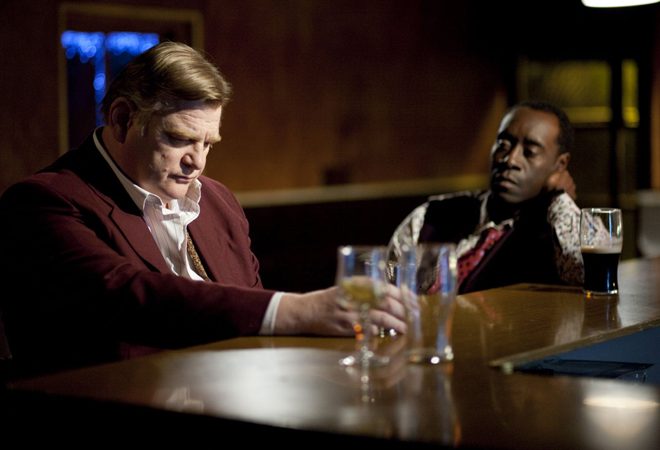
John Michael McDonagh | The Guard
(94%)
John Michael McDonagh’s a relative newcomer to the big screen, having only four films to his name (though more are on the way), but his first film The Guard, is an excellent example of what more mainstream, studio-backed movies are lacking. The brash fearlessness of McDonagh’s approach to storytelling has him talking about anything and everything, often putting racism, domestic abuse, and sexual perversion in darkly comic terms. In The Guard, Gerry Boyle is a policeman in the West of Ireland who has the best interests of the community at heart but isn’t exactly who you’d want protecting your homestead. Instead, he’s endearingly offensive, not bothering to tiptoe around racial and cultural issues, despite Don Cheadle playing his partner.
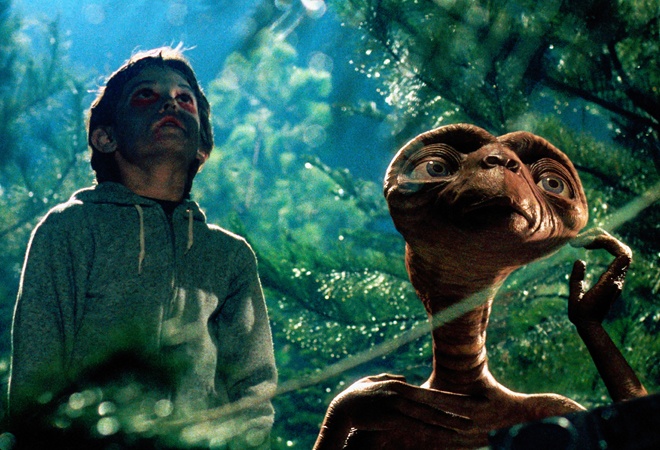
Steven Spielberg | E.T. The Extra-Terrestrial
(98%)
Early in his career, Steven Spielberg, for at least some of his movies, found a way to balance family friendly entertainment with substantial subject matter. His style has always been straightforward enough that kids can follow the plot, but intelligent enough that adults find just as much to enjoy. E.T. The Extra-Terrestrial is the perfect example. Kids love that the movie is about kids hanging out with an alien, while adults can relate to the complicated family dynamics and the surprisingly emotionality of the story. The healthy dose of 80’s nostalgia doesn’t hurt either.
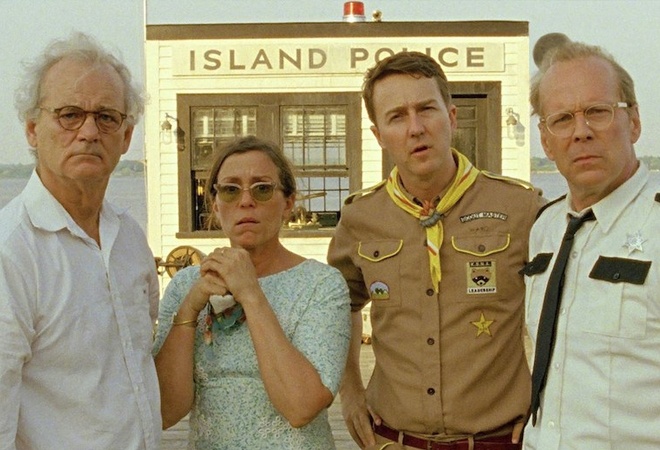
Wes Anderson | Moonrise Kingdom
(94%)
Every director on this list is distinct, but most of them you’d probably need at least a scene to tell who you’re watching. Wes Anderson only takes a frame. You know he’s different too, based solely on the sheer volume of parody that exists. But the parody has to exist because Anderson is so far from bad. Nowhere is his talent more on display than in Moonrise Kingdom, the quick witted, oddly framed, adventurous love story. A lot of Anderson’s movies rely on their cast, and in this one, Tilda Swinton, Bill Murray, Ed Norton, Bruce Willis, and (of course) Owen Wilson are all at their best. Even the children turn in strong performance. The main boy and girl pair, played by Jared Gilman and Kara Hayward, respectively, are the main reason the movie works in the first place.

Alfonso Cuarón | Gravity
(96%)
Alfonso Cuarón is one of those directors you don’t hear from too often, but then he’ll pop up and give us something excellent. He favors the long shot, often rolling with the same camera for seconds at a time, with great examples of that in Children of Men. That might not sound like much, but right now, the average Hollywood shot lasts only three to three and a half seconds, so Cuarón’s not exactly following any modern trends here. If anything, he’s setting them. Gravity was no exception, with plenty of long shots that helped emphasize the expansive silence of space.
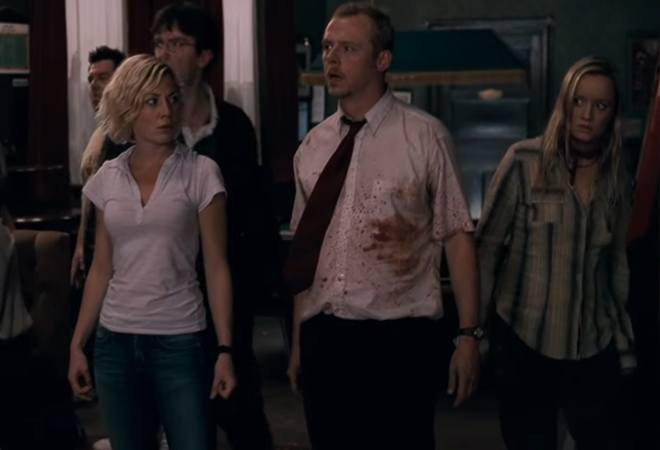
Edgar Wright | Shaun of the Dead
(92%)
Any script Edgar Wright writes and/or directs ends up being one of the funniest, most intelligent scripts produced, like his version of Ant-Man. But the series he’s most well known for is the Cornetto Trilogy. Shaun of the Dead is the first entry in the trilogy and it was a great homage and spoof of the zombie genre. There’s enough undead action to sate our zombie killing appetite, but the success of the movie comes from not forgetting to flesh out its characters. At its core, this is a redemption story, where a man finally has to take responsibility for his actions after a lifetime of following the path of least resistance. It’s a story that resonates with people on a foundational level, and those are the kinds of movies Wright makes.
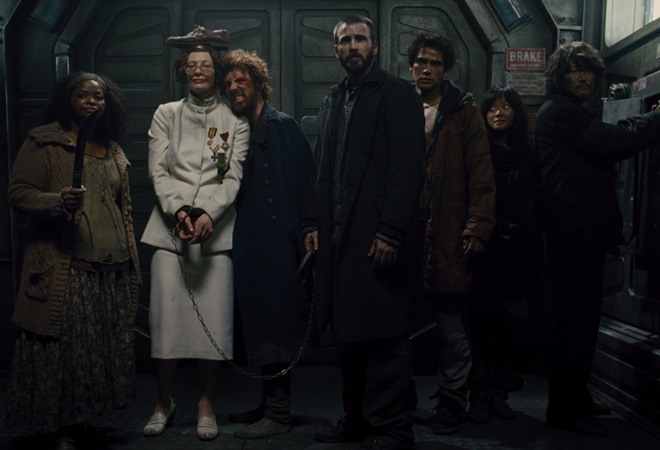
Joon-ho Bong | Snowpiercer
(95%)
We wish we could say otherwise, but no movie has surprised us the way Snowpiercer did. We threw it on as an afternoon snack movie, but ended up not touching any food because the crunching would distract us from the movie. The best thing about Snowpiercer is the way it completely ignores the feel-good tropes that blockbusters have been feeding us for years, and throws us in a visceral, post-apocalyptic world we’ve never seen. Joon-ho Bong is the director behind the movie. He’s a South Korean filmmaker who’s been working for years, but Snowpiercer was his first English language film, but we hope it’s not his last.
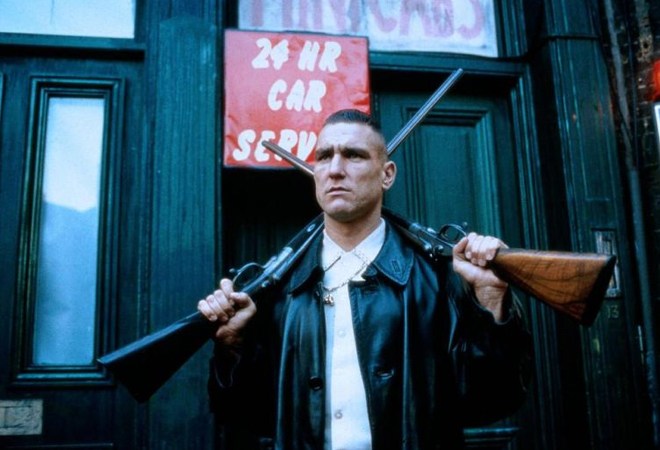
Guy Ritchie | Lock, Stock, and Two Smoking Barrels
(76%)
Our favorite thing about Guy Ritchie movies is the dialog, there’s no question there. It’s some of the snappiest, wittiest dialog we’ve ever heard and it doesn’t try to water itself down for international audiences, giving it even more endearing authenticity. But we’re also big fans of Ritchie’s distinct editing and sound style, with quick smash cuts and freeze frames often accompanied by loud, abrupt sound effects. There’s plenty of all of that in Lock, Stock, and Two Smoking Barrels. We’re also positive that Jason Statham is a horribly underutilized comedic talent, so wherever we can find a movie with Statham cracking jokes, we’ll watch it.
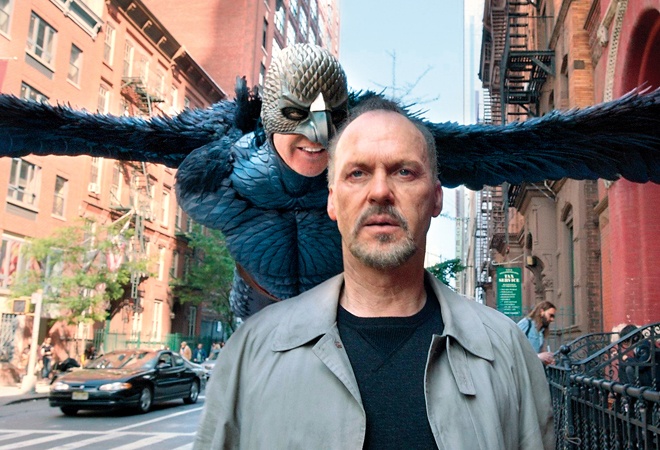
Alejandro González Iñárritu | Birdman
(91%)
Human suffering is at the core of Alejandro González Iñárritu’s work, but with the suffering comes strength and it’s cooperation between the two that creates the core of Iñárritu’s work. He uses flaws and strengths together to make his films and what we end up with are movies like The Revenant and Babel, where the characters persevere through adversity that seems insurmountable. Birdman was his surprise hit, where he brought in elements of comedy but didn’t deviate from his main thesis of strength through adversity. Plus, part of the attraction to the movie was probably its tight parallels to Batman, and it’s easy to imagine being Batman can go to your head.
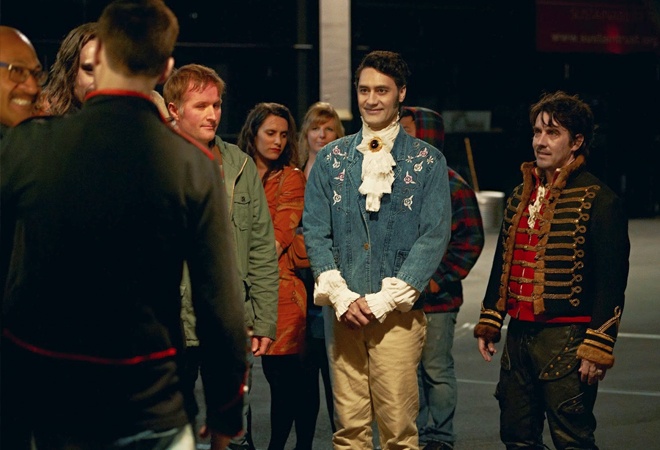
Taika Waititi | What We Do In The Shadows
(96%)
There’s nothing quite like a mockumentary done right and What We Do In The Shadows is absolutely done right. It’s the story of a house of vampires who live in New Zealand and how they deal with domestic issues like disputes with roommates, sharing household chores, and who’s responsible for teaching the new guy how to be a vampire. Taika Waititi is half of the writing team that came up with the movie and most of the directing fell to him, so you can tell the guy has a great handle on dialog, comedic timing, and visual gags. He’s also the one bringing us Thor: Ragnarok, so the guy clearly has some range.
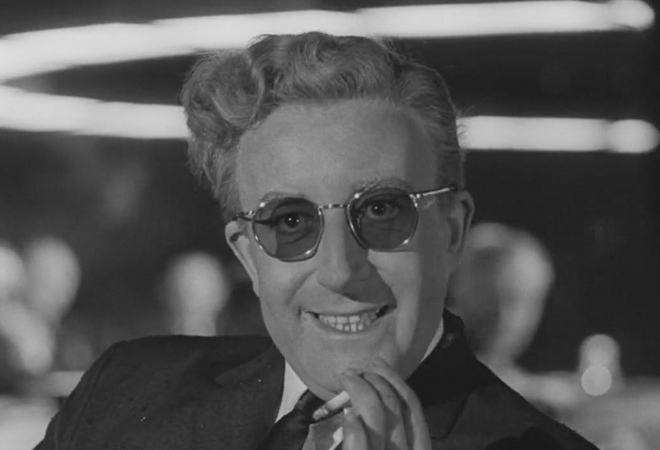
Stanley Kubrick | Dr. Strangelove or How I Learned to Stop Worrying and Love the Bomb
(99%)
In terms of anti-war movies, there might not be a better one than Dr. Strangelove. Plenty of movies have attempted to show the futility of war, but no movie has tackled the off-the-wall insanity of the bureaucracy of nuclear weapons. The war room is full of people who amount to little more than bickering children, all while an apocalypse draws closer. Kubrick’s deliberation and intensity as a director were on full display and they definitely fall into the tradition of not particularly liking any of his characters.
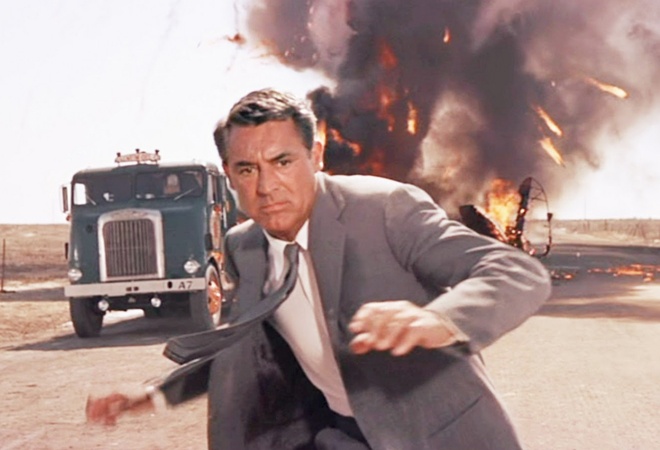
Alfred Hitchcock | North by Northwest
(100%)
If there’s one film we have to thank for the success of the espionage thriller, it has to be North by Northwest. People loved it when it came out and enthusiasm for the movie, as well as movies like it, hasn’t died down at all. Hell, a new Bourne movie came out earlier this year and we’re nearly 60 years on. A genre-defining movie like that could only have come from the capable hands of Alfred Hitchcock, a man whose effect on cinema is still being felt. In fact, it could be argued that it’s because of Hitchcock that directors became the creative force they are today and that everyone on this list can thank him for their creative outlet.
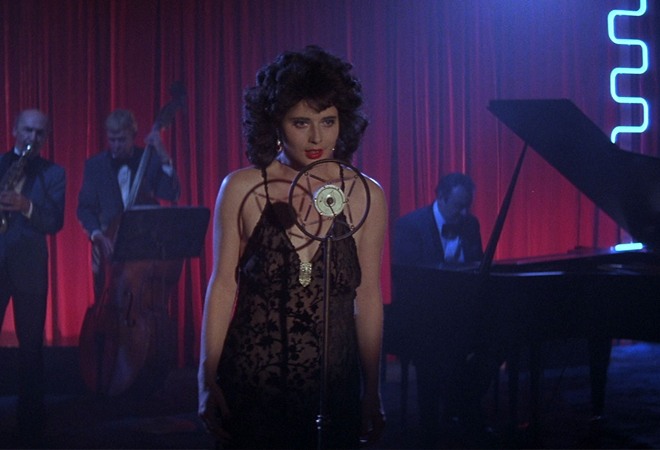
David Lynch | Blue Velvet
(94%)
David Lynch’s reputation precedes him in all things, so we won’t spend a whole lot of time talking about his style. It’s weird, polarizing, and you probably already know if you like his stuff or not, and if you do like his stuff, you won’t ever stop telling people. If you don’t know if you like Lynch’s style, Blue Velvet might be a good place to start. It had some of the widest ranging appeal during its theatrical release and acquired a cult following (as these things do) when it came out on home video. It’s also been praised for how well it aged, so the thirty years since it came out shouldn’t have too much of an impact on your enjoyment.
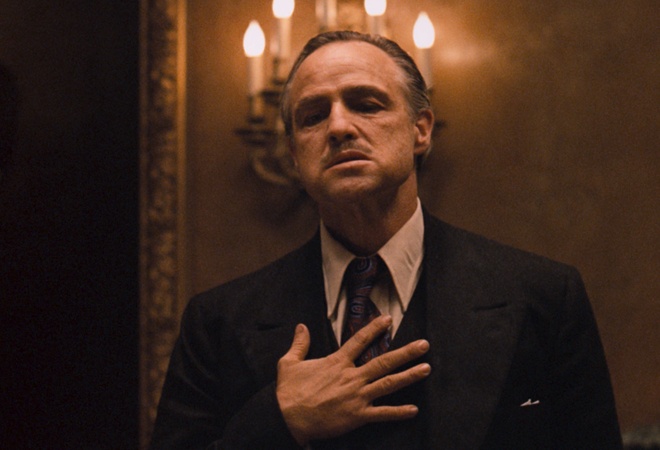
Francis Ford Coppola | The Godfather
(99%)
People sometimes forget just how influential The Godfather actually was, not only for cinema, but for Italians and Italian-Americans. There was finally a movie that portrayed Italians as people rather than racist stereotypes, purging from the public some of their nastier assumptions. And even though we’re nearly 45 years removed from the movie’s release, The Godfather aged exceptionally well, and a lot of that is thanks to the director, Francis Ford Coppola. He was a huge part of modernizing filmmaking. That’s why The Godfather looks (albeit with a little sharpening and de-aging of its stars) like it could have been made last year. Coppola laid the groundwork for other modern directors, allowing them to test new techniques, methods, or equipment that wouldn’t have been allowed in Old Hollywood.
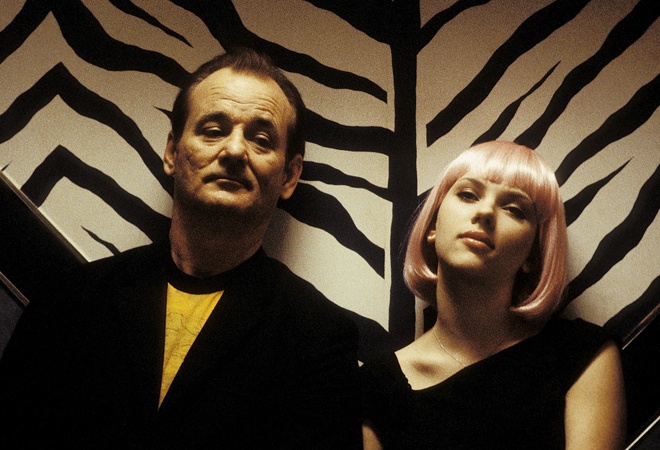
Sofia Coppola | Lost in Translation
(95%)
Sofia Coppola may have started in acting, but her real talent and passion was for directing. Her style is reminiscent of her father’s, but that’s also a bit of a disservice to her own contributions to the art. By her own admission, she doesn’t make movies every theater is eager to show, choosing to get more obscure with her themes and stories. Lost in Translation is a great example of how she handles those themes, especially loneliness and isolation. Any time Bill Murray and Scarlett Johansson aren’t on screen together, the crushing solitude is communicated expertly. Conversely, the companionship and connection of their time together is an elevating experience, thanks to Coppola’s direction.
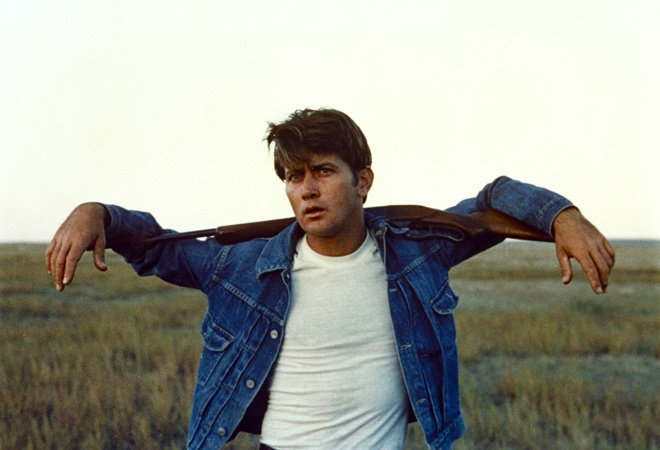
Terrence Malick | Badlands
(98%)
For as influential a director as Terrence Malick is, his filmography isn’t terribly populated. He only has a few director credits to his name, but the ones he has are significant. Each one represents new adjustments or changes in his style, making his own directing technique hard to pin down. Each movie is different from the last, with only a few broad characteristics being shared. Badlands is one of his early endeavors, roughly based on the spree of real life mass murderer Charles Starkweather and his girlfriend. The movie tackles family dynamics, morality, and corrupted love, all from the point of view of an impressionable teenage girl, making her one of the least reliable narrators in recent years.
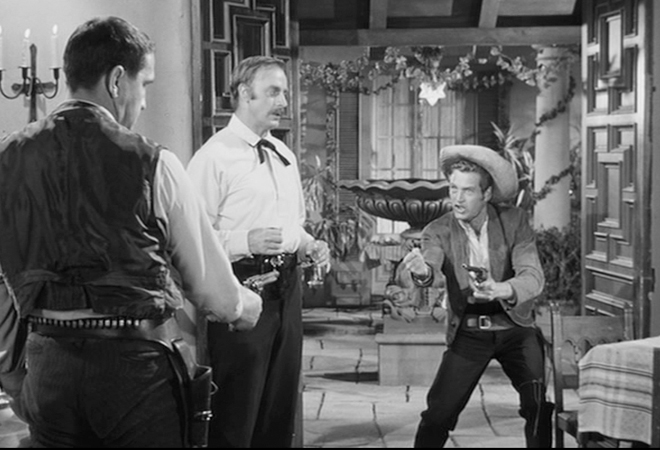
Arthur Penn | The Left-Handed Gun
(100%)
Great directors seem to set the bar for themselves early in their careers and Arthur Penn is no different. The Left-Handed Gun makes its mark partially by Paul Newman’s performance, one that would more readily fit in a modern movie than a traditional Western. It was one of the first Westerns to shirk the rules of its genre, something that became far more common in the ’60s and ’70s. That rule breaking was a trademark of Penn and was one of the things that showed his potential. Directors that challenge cinematic convention in interesting ways are generally remembered for their greatness, and Penn was no different.
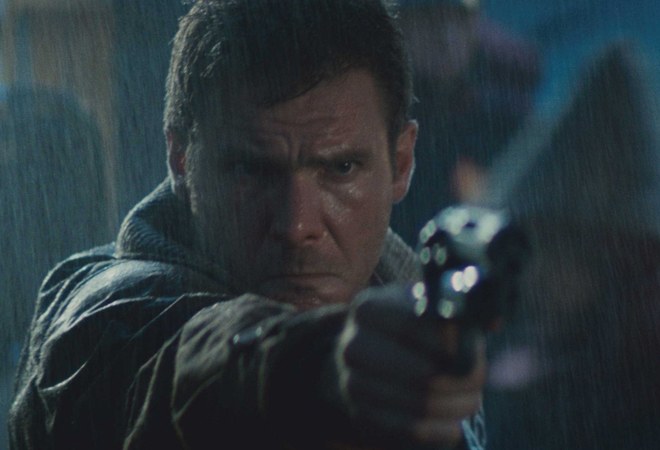
Ridley Scott | Blade Runner (The Final Cut)
(100%)
We have Ridley Scott to thank for some of the most enduring films ever made. One of the main reasons they endure so well is their atmosphere. Scott’s movies build exciting, complete worlds for the audience to inhabit, often communicated so well that there’s a significant emotional connection between the audience and the film. Blade Runner is one of those movies, capturing the destitution and decay of the future perfectly. It’s confusing, morbid, and desolate, all by design, and is easily one of the best examples of Scott’s capabilities as a storyteller.

Brian De Palma | Carrie
(93%)
Brian De Palma falls pretty much in line with Alfred Hitchcock in terms of suspense, which makes sense, seeing as how De Palma was a close student of Hitchcock’s. But he wasn’t a copy. De Palma became his own director, using Hitchcock as a starting point and making his own choices as he got deeper into his career. Carrie is one of his earlier works, but there’s enough De Palma in here that we’re not just watching a Hitchcock copycat. What’s more, De Palma keeps the themes of the original novel intact, a difficult feat considering how often things can get lost in film translations.
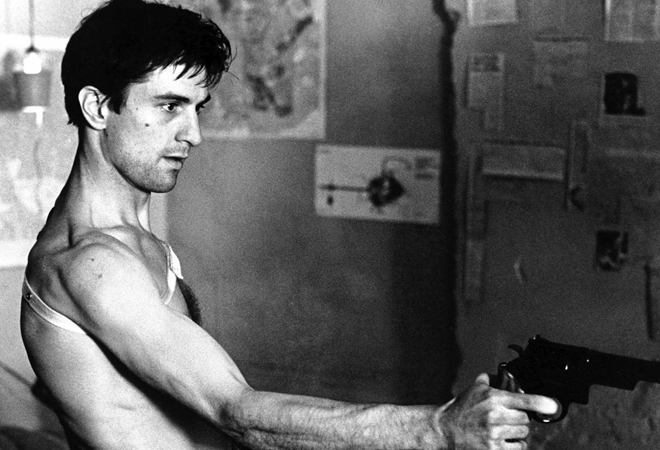
Martin Scorsese | Taxi Driver
(99%)
This might just be anecdotal, but whenever we hear about great directors, Scorsese’s is the name that comes up most frequently. The acting, editing, music, and voiceovers (especially voiceovers) are always exactly what the movie calls for. He tells his stories so well that we almost forget just about every movie he’s made has been insanely violent. For him, violence is a realistic tool, not something used to shock audiences. Taxi Driver is one of the first times we got to see Scorsese be the Scorsese we love. The filmmaker not afraid to delve into the underworld in a unique and entertaining way. We had Mean Streets, but Taxi Driver proved Scorsese’s initial success wasn’t a fluke.
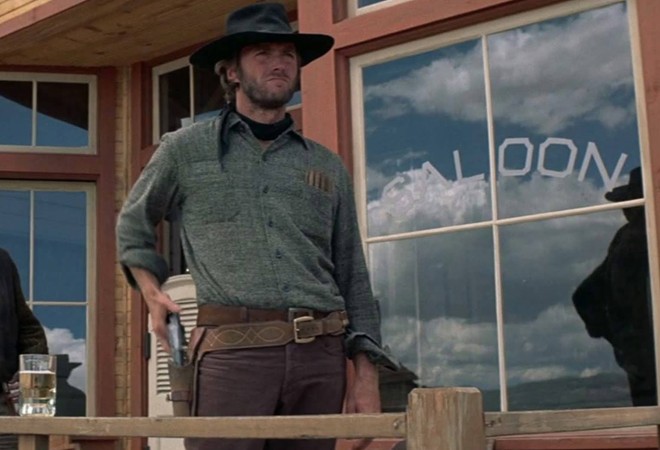
Clint Eastwood | High Plains Drifter
(96%)
It feels like Clint Eastwood has been acting and directing for as long as movies have had sound. His fame comes from his performances in Westerns both in front of and behind the camera and those Western sensibilities can be seen in his other movies as well. For example, you could set Gran Torino in the Old West and pretty much the only thing you’d have to change is the car. His highest rated movie is a traditional Western, where a lone gunfighter comes to a settlement and has to help them defend themselves. It’s masterfully made and hits all the high points you’d expect of a Western, especially one made by a guy who loves them so much.
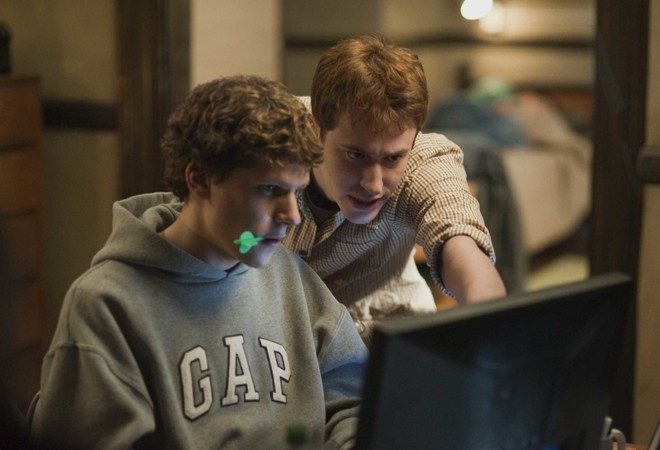
David Fincher | The Social Network
(96%)
David Fincher’s visual style is unique thanks to its reliance on heavy shadow and contrast, giving them visual weight and substance you won’t find in movies he didn’t make. It’s sort of like the substantive difference between painting with oil and watercolor. The Social Network is no different. It’s dark, moody, and depressing, which it should be, since it’s basically a story about a man choosing money and fame over rewarding relationships. Aaron Sorkin’s fast moving script helps the movie, but the real reason it works is thanks to Fincher’s weighty treatment of the subject matter.
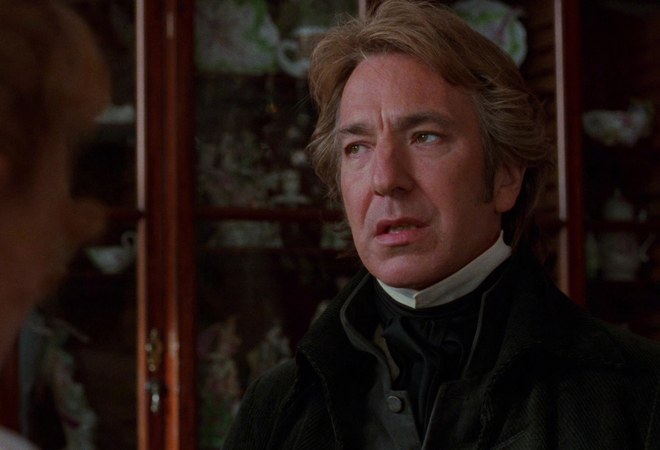
Ang Lee | Sense and Sensibility
(98%)
Ang Lee’s a hard guy to nail down. While a lot of his movies share the central themes of family, duty, or love, he’s by no means limited to a single genre. For example, did you know he made Hulk, Brokeback Mountain, and Life of Pi? If you can see the genre connection between them all, please tell us. It should be no surprise that we’re surprised that his highest rated movie is 1995’s Sense and Sensibility, the adaptation of Jane Austen’s novel. It hits the notes of family and love that Lee likes, but you’ll have to forgive us when we say, the guy who made Sense and Sensibility also made Crouching Tiger, Hidden Dragon?
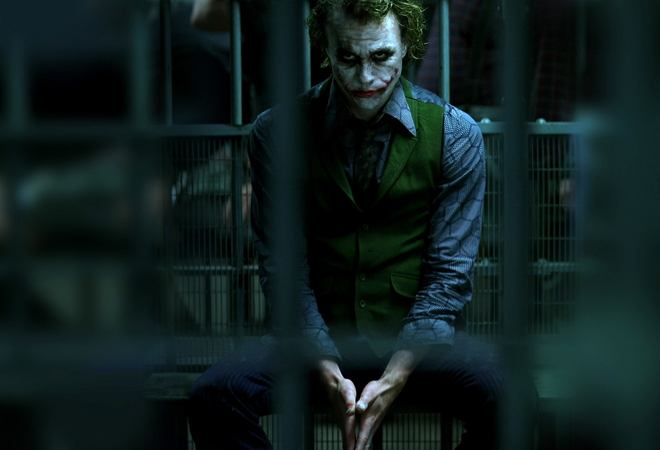
Christopher Nolan | The Dark Knight
(94%)
There were a lot of new Batman fans after The Dark Knight. Or, if we’re being more accurate, there were a lot of new Joker fans. Both with good reason. The Dark Knight truly felt like it took place in the real world, as if Bruce Wayne himself was flying around Chicago. It’s all thanks to the vision Christopher Nolan had for the movie, which is the same as most of his movies. He makes realistic, grounded, intense movies that don’t bother with the cheap tricks sometimes use to inflate the stakes. Nolan might as well be following real people around with film equipment.


